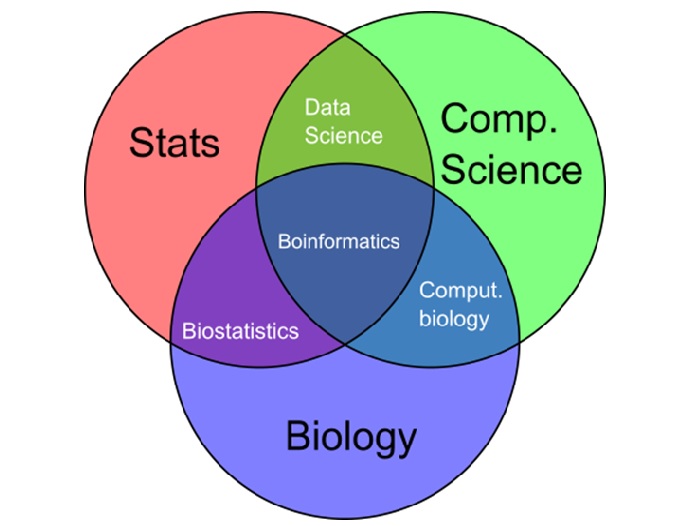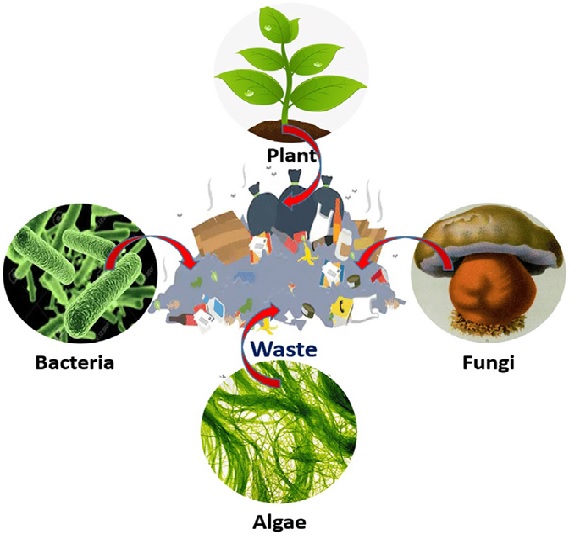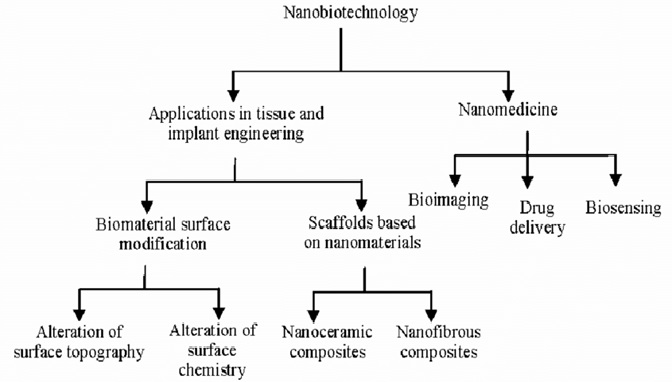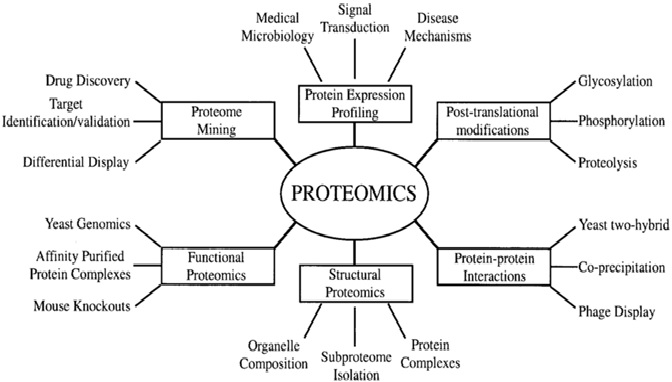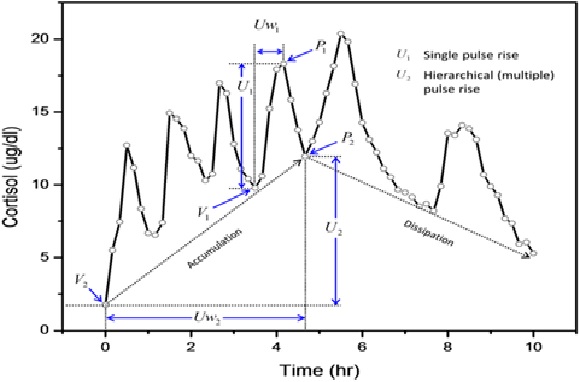Farmer-Led Innovation
The promotion of farmer-led research and innovation, which involves the active participation of farmers in the design, implementation, and evaluation of CA practices, to ensure that they are context-specific and socially and economically viable.
Farmer-led innovation, in which farmers play a central role in the generation of new knowledge, technologies and ways of working, is increasingly recognised as necessary to secure the social, economic, and environmental sustainability of farming. The model of agricultural science and technology (AST) as a centralized activity, undertaken by experts and diffused to farmers, has been challenged by collaborative research and innovation approaches in which farmers, scientists and engineers can learn together about the nature of the problems being faced and the potential of different solution pathways (Berthet et al., 2018; Caron et al., 2014; Macmillan and Benton, 2014).[1]
Farmer-led innovation brings farmers together with other stakeholders in a collaborative endeavour that recognises multiple forms of expertise. Critical engagement with mainstream models of agricultural science and technology (AST) development has drawn attention to the isolation of farmers as technology adopters within a compartmentalised model of AST development and dissemination.[2]

Figure .1 Farmer-led innovation
Figure 1 shows Farmer-led innovation refers to the process of farmers themselves identifying problems, developing solutions, and implementing changes on their farms. This approach recognizes the knowledge and expertise of farmers, and empowers them to make decisions about their own production systems.
Some of the current trends in farmer-led innovation include:
- Participatory research:The use of participatory research approaches to engage farmers in the research process, and to co-design and co-implement research projects with them. This approach ensures that research is relevant, practical, and farmer-driven.
- Farmer field schools:The establishment of farmer field schools, which are educational programs that provide farmers with hands-on training on topics such as crop management, pest control, and soil conservation. These schools enable farmers to experiment with new practices and technologies in a supportive environment
- Innovation platforms: The creation of innovation platforms that bring together farmers, researchers, extension agents, and other stakeholders to share knowledge, exchange ideas, and collaborate on solutions to common problems. These platforms facilitate farmer-led innovation by providing a space for dialogue and knowledge exchange.
- Digital tools:The use of digital tools, such as mobile apps and social media, to connect farmers and facilitate knowledge sharing and collaboration. These tools enable farmers to access information and connect with other farmers, researchers, and experts, regardless of their location.
- Agroecology:The adoption of agroecological approaches, which emphasize the integration of ecological principles into farming practices, and the use of local knowledge and resources. Agroecology empowers farmers to design and manage their own production systems, and to build resilience and sustainability into their farming practices.
Farmer-led innovation has the potential to transform agriculture by fostering a culture of innovation, collaboration, and continuous learning. This approach can improve the livelihoods of farmers, enhance food security, and promote sustainable agriculture. However, there are also challenges associated with farmer-led innovation, including the need for supportive policy and institutional frameworks, the need for adequate resources and funding, and the need for effective knowledge sharing and communication strategies. Ongoing research and development, as well as collaborative partnerships between farmers, researchers, and other stakeholders, will be critical to realizing the full potential of farmer-led innovation.
References:
- https://www.sciencedirect.com/science/article/pii/S0308521X21003097
- https://www.researchgate.net/publication/357659743_The_role_of_learning_in_farmer-led_innovation
Cite this article:
Janani R (2023),Farmer-led innovation, AnaTechMaz, pp.134


